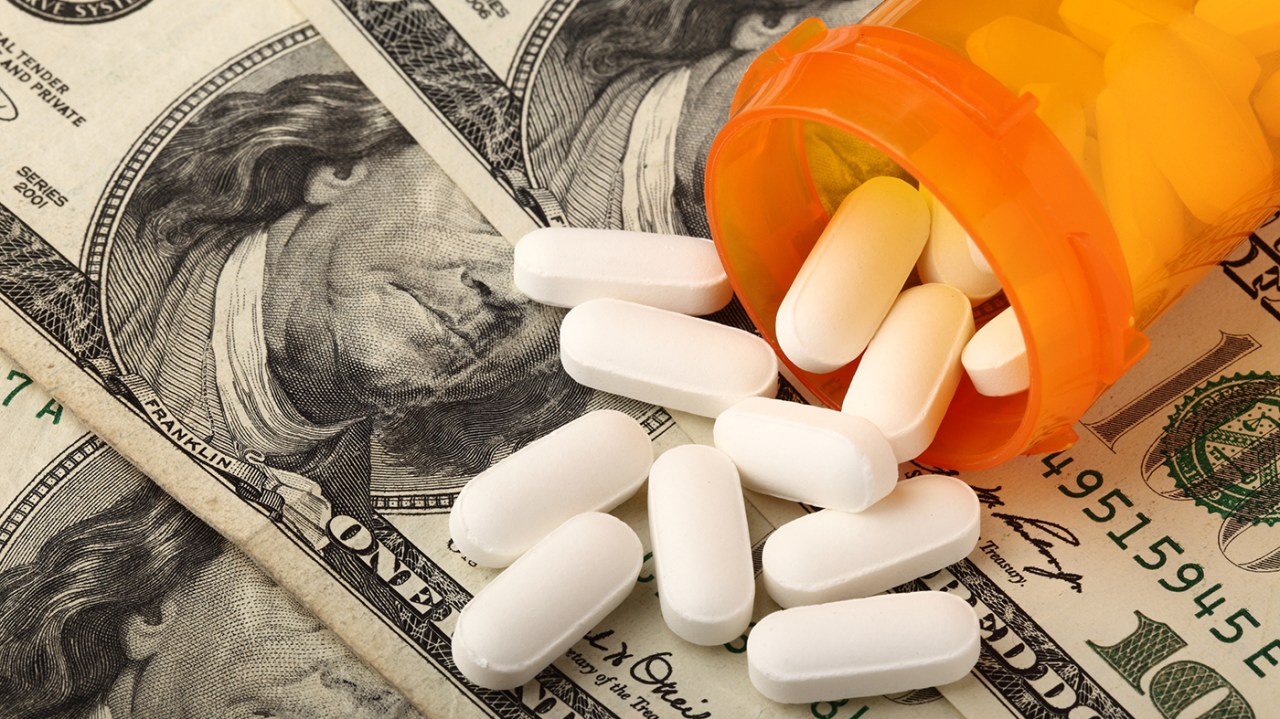President Biden’s war on drug prices is a solution to shortages and dwindling numbers of new and innovative medicines. To make matters worse, he continues to brag about his populist reforms as if they will solve the problems with our health care system, the economy, itches, stitches, paralysis and gout. But he’s not very convincing when delivering the message, because his reasoning for passing the bills changes depending on the audience he’s speaking to. His goal is simply to find himself in the spotlight of his populist agenda.
But his policy will have long-term consequences.
The problem is that populism is effective at creating a message that will resonate, but creating public policy out of that populism can be dangerous. For example, drug prices are a target for almost every politician with a platform to speak out, but supporting legislation that simply lowers or lazily caps these prices is misguided and troubling. Unfortunately, Biden’s Inflation Reduction Act does just that, allowing the government to cap drug prices and impose an expensive 95% tax on pharmaceutical companies if they fail to meet the caps. .
Recently, the Biden administration released a list of the first drugs to face this new government hurdle, and they were primarily diabetes and cancer drugs.
The economic and investment results of this policy are easy for entrepreneurs to identify, but Joe Biden is not an entrepreneur and does not appear to have one around him. However, we no longer need business experts to explain how price controls and increased regulation harm access to care: we have a concrete example of the effects of this policy. Japan currently does not have access to the 143 new drugs available in the West.
This represents a large quantity of medicines that a developed country does not have access to, and some of them will never be available.
Japan’s problem is twofold. It is too expensive to obtain approval for the Japanese market and pharmaceutical companies are not allowed to charge enough to recoup that money. In fact, the Japanese government imposes price cuts every few years, making profit prospects even lower. Pharmaceutical companies are therefore faced with a fairly simple choice: enter the Japanese market and lose money, or not.
The problems will be greater in the United States. Japan can always change its policy and these 143 drugs will be available quickly. However, with the adoption of IRA, some new drugs will never be developed. Most research and development of new drugs is carried out in the United States; if this research never takes place, the drugs will not exist. President Biden – or a future president – won’t be able to just come to his senses and flip a switch that will put life-saving drugs on the market.
Bringing new drugs to market costs approximately $2 billion in the United States. This represents a significant investment, given the risks and the short life of the patent once the drug actually hits the market, but also because pharmaceutical companies were previously able to recoup this cost and much more. , the risk was worth it. However, with a government already setting prices for certain drugs, pharmaceutical companies will be less likely to risk their money on long-term drugs, investors will be less likely to support BIO startups, and with a lower likelihood of allowing their innovations, colleges and universities will be less likely to devote the resources they currently devote to groundbreaking research.
This does not mean that the president should stop delivering a populist message. Populism sells. But the only way to truly solve the problem is to focus on real solutions. Drug prices are high, but why are they high? How could the United States spur even more innovation in drug development? The answers are available, but they require making decisions that could cause heartburn left.
Healthcare is full of middlemen, like pharmacy benefit managers (PBMs). Even though PBMs raise drug prices, the reason they play a role in the market is that we currently have a system in which the patient is almost never the payer. When the patient is the payer, drug prices are often reasonable. Sure, Biden could pursue another populist policy and ban PBMs, but the real solution is to let the market decide whether they actually provide a service or are just a drag on the system.
Populists want to attack the symptom, but attacking the symptom is often like bandaging an infected wound and forgetting about it: it only makes the problem worse. The real solution is to give patients options. Bring back the healthcare market and watch the competition drive prices down. It won’t be fast, but it will be better than looking back in 20 years and wishing for the creation of a drug that doesn’t exist because of bad public policy.
Charles Sauer (@CharlesSauer) is president of the Market Institute and author of “Profit Motive: What Drives the Things We Do.” He has previously worked on Capitol Hill, for a governor and for a university think tank.
Copyright 2023 Nexstar Media Inc. All rights reserved. This material may not be published, broadcast, rewritten or redistributed.
#problem #controlling #drug #prices
Image Source : thehill.com

